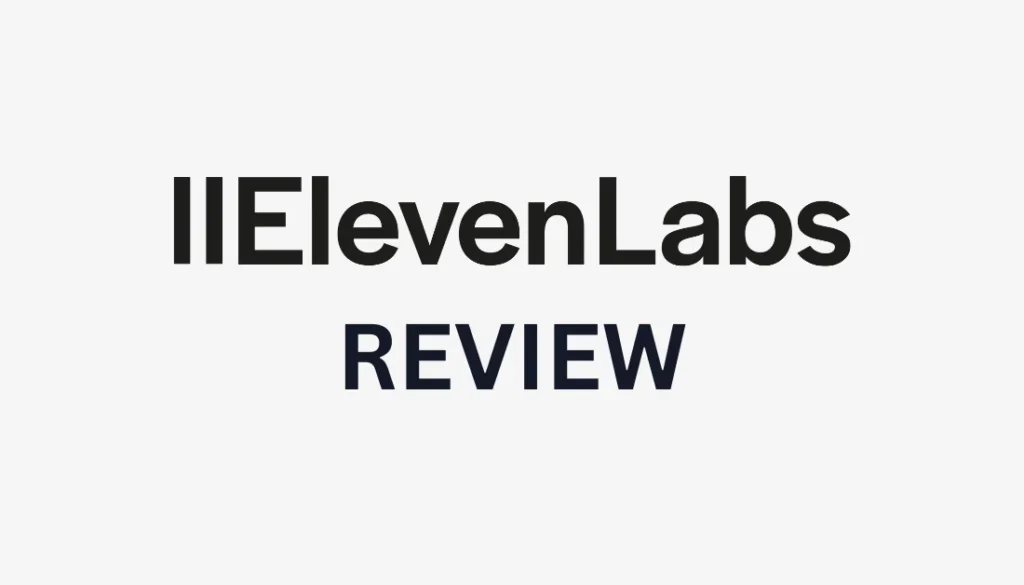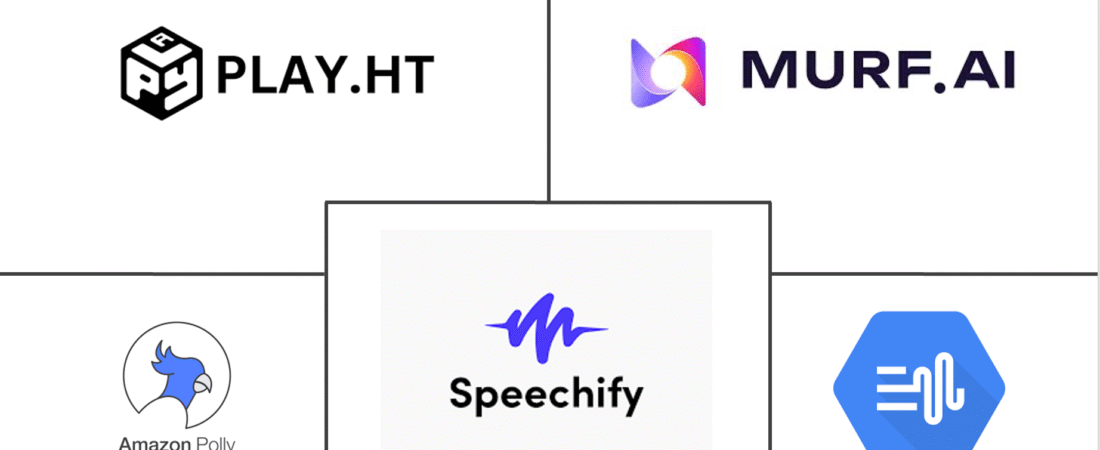If you’re choosing the best AI text-to-speech tool, you’ve likely seen ElevenLabs and its many competitors—Amazon Polly, Murf AI, Google TTS, PlayHT, and more. Let’s honestly compare ElevenLabs to its peers, with a focus on what matters most in 2025: realism, features, speed, language support, and where each shines. (Spoiler: ElevenLabs consistently stands out, but not for every use case.)
What Makes ElevenLabs Unique?
- Ultra-Realistic Voice Quality: ElevenLabs is widely recognized for producing human-like voices virtually indistinguishable from natural speech—even over long audiobooks or YouTube videos. Its V3 model achieved a Mean Opinion Score (MOS) of 4.14 out of 5.0, higher than most competitors. Features like breathing patterns, real emotional nuance, and natural pacing set it apart for storytelling and immersive content.
- Voice Cloning & Customization: Want to make your own voice clone or a custom brand character? ElevenLabs lets you do this quickly, securely, and with convincing results (though custom cloning is usually a paid feature). This is a rare combo of accessibility and quality.
- Multi-Language & Accent Support: With over 1,200 voices across 74 languages/accents, ElevenLabs covers a broader linguistic range than almost all mainstream rivals. Only PlayHT comes close, but with less nuance and emotional depth.
- API & Developer Flexibility: Easy-to-use API means you can slip it into your apps, workflow, or content pipeline painlessly—crucial for developers or content shops needing speed and reliability.
How Does ElevenLabs Compare to the Competition?
1. Amazon Polly
- Pluses: Great for reliability, AWS integration, and lots of language support.
- Downsides: Voices are less expressive. Emotional range is limited, so narration can sound flatter for long content like podcasts or audiobooks.
- Direct Comparison: ElevenLabs provides more nuanced, expressive, and natural voices, with lower latency and fewer “hallucinations” (errors or odd phrases) in output.
2. Google TTS/WaveNet
- Pluses: High clarity, easy Google Cloud integration, SSML control. Prosody and intonation are strong.
- Downsides: Still a bit less lively and varied in tone than ElevenLabs. Voice library isn’t as large for nuanced accents or emotional delivery.
- Direct Comparison: For creative projects, storytelling, or voiceovers, ElevenLabs usually sounds more “human”; for simple voice prompts or accessibility, Google TTS is solid.
3. Murf AI
- Pluses: Good for e-learning, business narration, multiple languages, and affordable pricing.
- Downsides: While Murf voices are high quality (MOS ~3.7/5), the synthetic edge becomes noticeable in longer audio or demanding projects.
- Direct Comparison: ElevenLabs’ voices hold up to long-form content better, avoiding “fatigue” for listeners—important for audiobooks or immersive podcasts.
4. PlayHT, Speechify, Descript, & Others
- Many have huge voice libraries, quick turnaround, or strong app integrations. Some (like PlayHT) offer wide language support and emotion controls.
- Downsides: They often lack ElevenLabs’ uncanny realism, are less customizable, or have fewer features for truly creative projects like dubbing and voice cloning.
Are There Any Drawbacks to ElevenLabs?
- No Live Customer Support: Most issues are handled via email or documentation. For most users this isn’t a dealbreaker, but can be inconvenient if you need urgent help.
- Free Tier Limits: Generous for trying out, but pro-level features (full voice cloning, commercial rights, or high character limits) do require a subscription.
- Occasional Minor Lags: For massive, high-frequency projects, commercial users may notice occasional wait times—but ElevenLabs competes well on quick turnaround for most typical needs.
Honest Take: When is ElevenLabs Clearly Better?
- If you’re after humanlike voiceovers for audiobooks, YouTube, podcasts, dubbing, or dynamic content, ElevenLabs is the gold standard for 2025.
- If you want to build your own branded voice quickly, or need highly nuanced accents or character voices, it’s hard to beat for the price and ease of use.
- If you’re building apps needing instant, global voice delivery with emotional depth, ElevenLabs’ API and voice cloning options are among the best available.
- For simple, utilitarian TTS (think IVRs, voice prompts, or accessibility tools), cheaper “classic” options—like Amazon Polly or Google TTS—work fine and may offer better deals for ultra-high-volume use.

Quick Table: ElevenLabs vs. Popular Competitors
Final Thoughts
ElevenLabs earns its reputation by consistently delivering the most realistic, expressive AI voices—backed by an expanding global library, responsive APIs, and unrivaled customization, all without a steep learning curve. Is it perfect for every use-case? Not quite—basic needs and ultra-high volume projects may find better value elsewhere. But if you care about engaging, ultra-human AI audio (and creative flexibility), ElevenLabs stands out as the platform to beat in 2025.

Thank you for reading!

